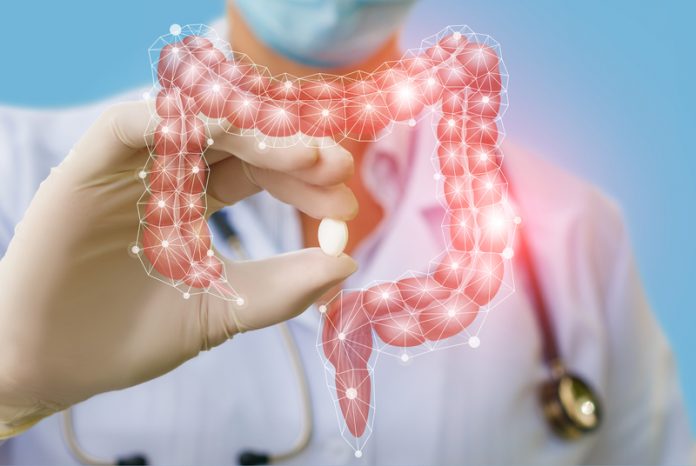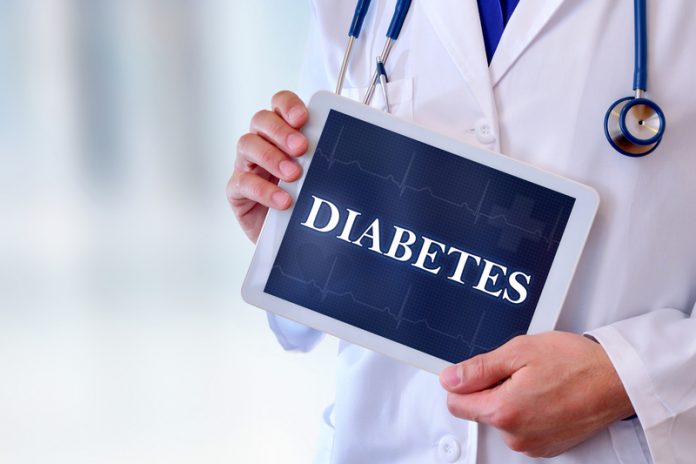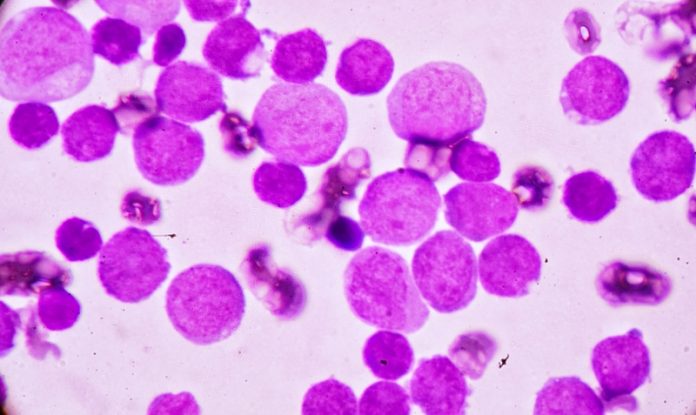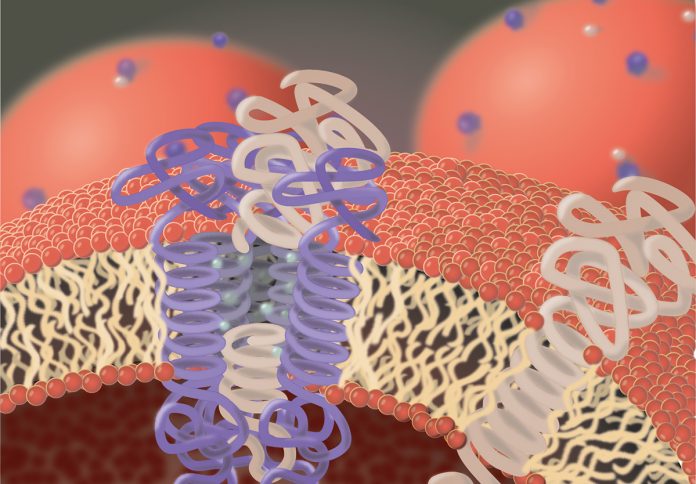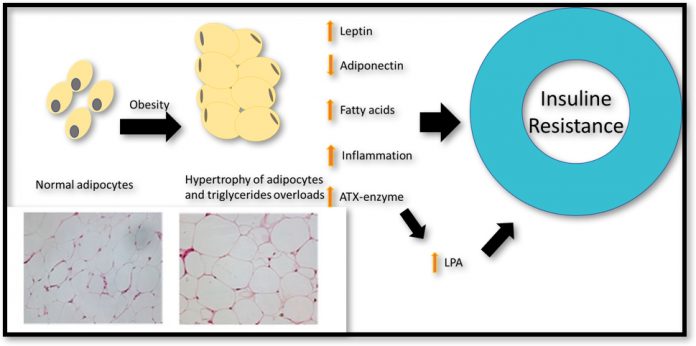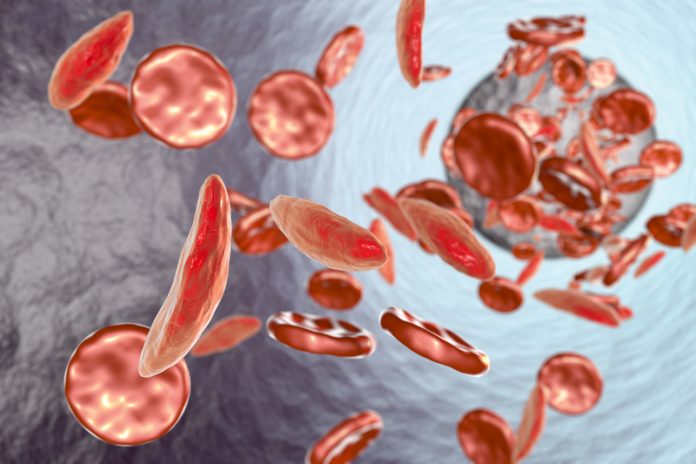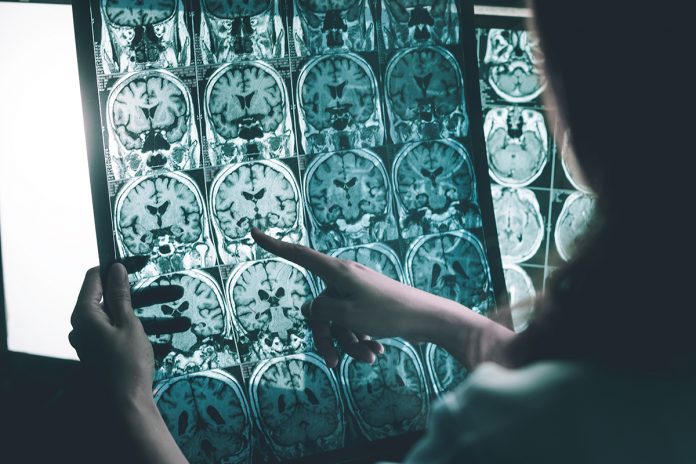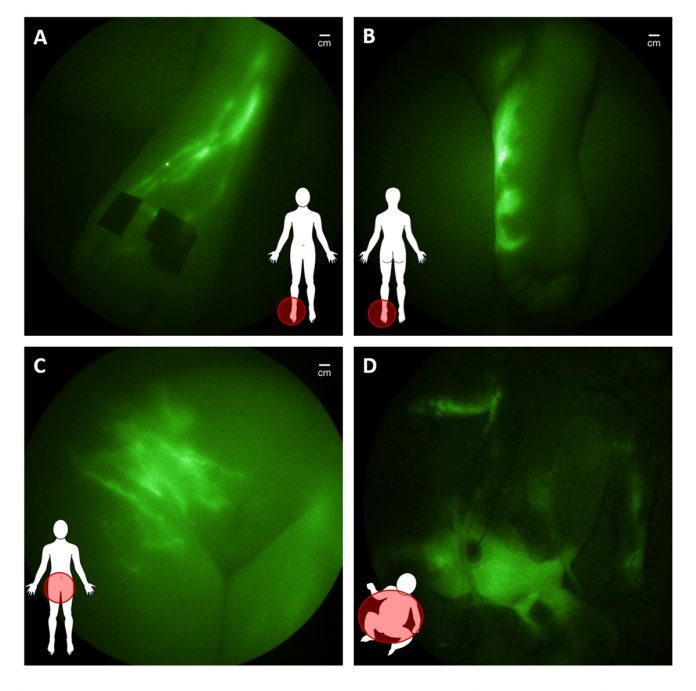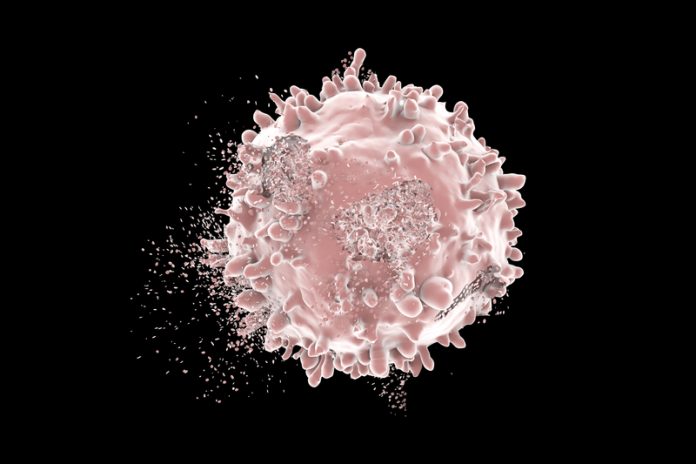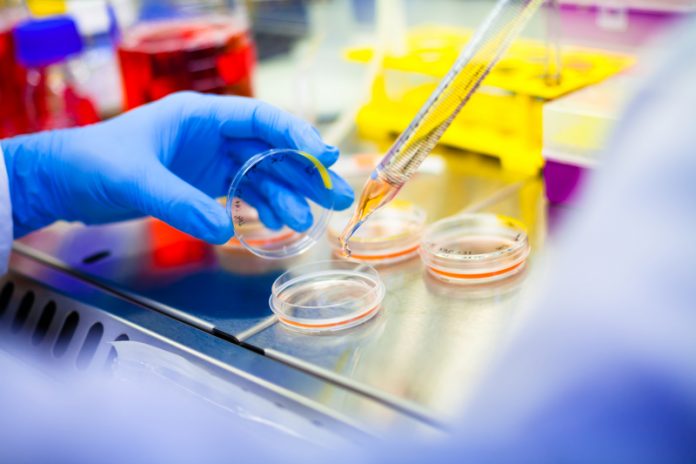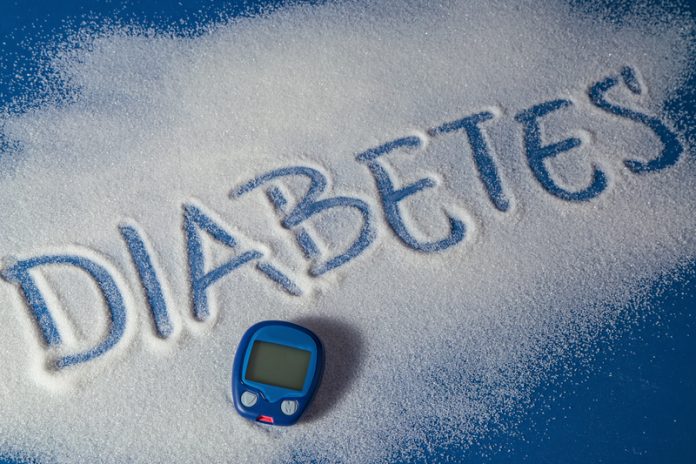Open Access Government produces compelling and informative news, publications, eBooks, and academic research articles for the public and private sector looking at health, diseases & conditions, workplace, research & innovation, digital transformation, government policy, environment, agriculture, energy, transport and more.
Home Search
red blood cell - search results
If you're not happy with the results, please do another search
Early diagnosis of neurodegenerative disorders: Where are we now?
Dr Gerry Morrow shares his thoughts on the current state of play when it comes to the early diagnosis of neurodegenerative disorders, and asks the questions, can we screen, and should we screen?
Sugar intake in children – more than just a weight issue
Sugar intake, particularly in children, is a hot topic in the media these days. However, government data suggests that children are still far exceeding the maximum recommended sugar consumption every day
Six tips to support brain function
Clare Daley, nutritional therapist at Cytoplan provides her six top tips to support brain function and prevent cognitive decline which can lead to dementia
Biology research: The state of health of the gut microbiome
Hannah M. Wexler, Professor at the Greater Los Angeles VA Health Care System and UCLA School of Medicine gives a fascinating glimpse into biology research that focuses on the state of health of the gut microbiome
The power of digitalising diabetes with SocialDiabetes for the future of healthcare
SocialDiabetes is participating in two NHS testbed projects to pilot the future of digital health and patient-centric diabetes care, as Ikuska Sanz, the firm’s Director of Operations describes
Living with acute myeloid leukaemia (AML)
Bethany Torr, Campaigns and Advocacy Officer at Leukaemia Care explores the challenges of living with acute myeloid leukaemia (AML)
Severe mental illness sufferers experience worse physical health
Public Health England have released a report which shows those suffering with severe mental illnesses experience worse physical health compared to the general population.
Health research: The challenge of cleaving proteins in the membrane
Regina Fluhrer from the LMU & DZNE in Munich explains an aspect of health research that concerns how proteases embedded in cellular membranes hydrolyse other proteins and the challenges they must overcome.
Finding disease specific indicators for chronic inflammatory lung diseases
Prof Dr Michael Roth asks the question, Why do we fail to find disease specific indicators for chronic inflammatory lung diseases?
New research shows tea cuts risk of heart disease
Drinking four to five cups of tea a day lowers blood pressure and reduces the risk of a heart attack or stroke, new research reveals
Why funding fruit fly research is essential for the biomedical sciences
Andreas Prokop, Head of the Manchester Fly Facility, explains how fruit fly research generates knowledge important for understanding many human diseases
Type 2 diabetes mellitus and obesity, what is the link?
Chester Medical School explores the pathogenesis of Diabetes Mellitus Type 2 (T2DM) with novel approaches.
Aplastic anaemia and other rare bone marrow failures
Grazina Berry from Aplastic Anaemia Trust argues that young patients diagnosed with aplastic anaemia (AA) and other rare bone marrow failures need more help and support
Antimicrobial resistance challenged by flexible heterocyclic chemistry
Prof Colin J Suckling OBE DSc FRSE, Research Professor of Chemistry at the University of Strathclyde shares his expertise on antimicrobial resistance (AMR) and how this is challenged by flexible heterocyclic chemistry
Infections may be the new paradigm explaining the pathogenesis of Alzheimer’s disease
Tamas Fulop from Université de Sherbrooke’s Research Center on Aging, explains precisely why infections may be the new paradigm explaining the pathogenesis of Alzheimer’s disease (AD)
Keeping watch: The story of a diabetes service dog
Joan Cary from Lions Clubs International explains the organisation’s excellent work in providing service dog to assist those with diabetes
Non-radioactive, non-ionising radiation for safe paediatric imaging
E.M. Sevick and J.C. Rasmussen from The University of Texas Health Science Center, The Brown Foundation Institute of Molecular Medicine discuss non-radioactive, non-ionising radiation for safe, paediatric imaging
CD33-directed therapy: Current and future perspectives on targeted therapy in acute myeloid leukaemia (AML)
Mohammed Gbadamosi and Jatinder K Lamba from Department of Pharmacotherapy and Translational Research at the University of Florida explain CD33-directed therapy for acute myeloid leukaemia (AML), focussing on current and future perspectives
Rebuilding tissues inside the human body
Scientific progress to grow new tissues outside of the human body led to first market approvals of living tissue-engineered implants
The creation of living tissues to replace or repair damaged tissues or organs in the human body has defied clinicians and researchers for centuries. Yet, only by the end of...
Mobile health monitoring systems that address diabetes
Cecilia Van Cauwenberghe from Frost & Sullivan’s TechVision Group shares her thoughts on mobile health monitoring systems that address the global concern of diabetes




